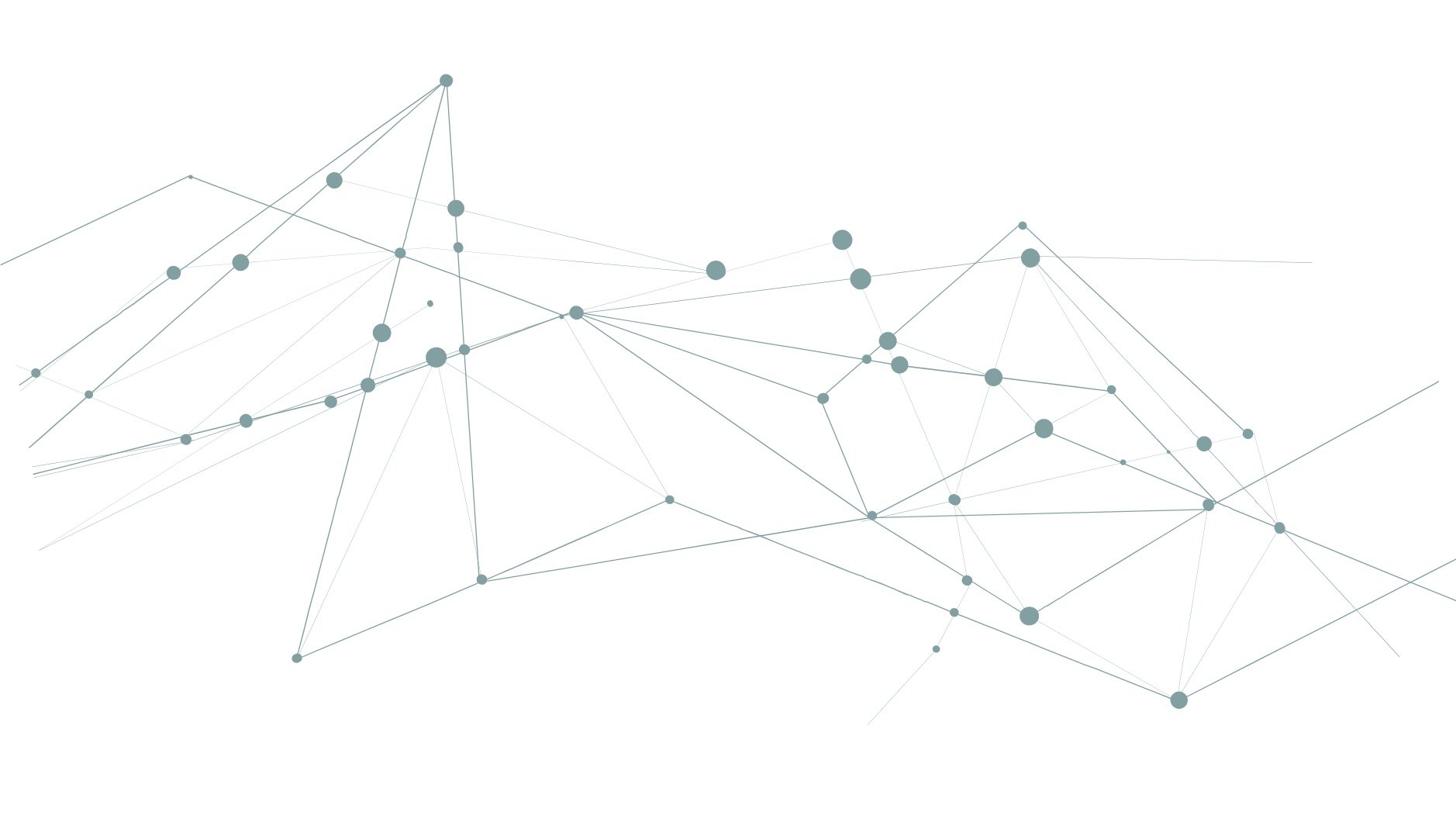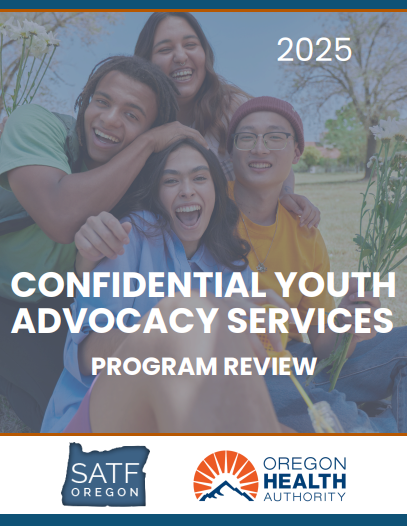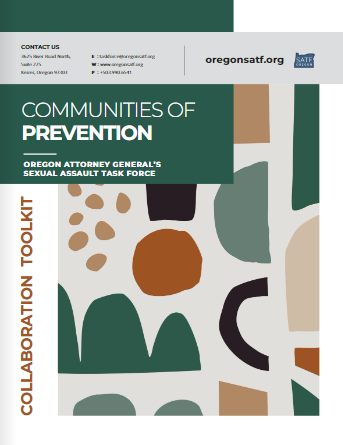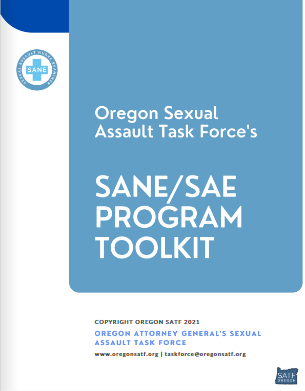Toolkits to support your work
Helping practitioners across the state to do their work effectively, collaboratively, and with more support is what we love.
Read on to learn about Oregon SATF’s nationally-recognized toolkits, created with your work in mind.
Printed copies of select toolkits are available for purchase. Click the button below to order your copies today!

Finding Your Role Workbook
Oregon SATF’s Men’s Engagement Committee (MEC) created this workbook, which includes a series of tools, activities, and suggested facilitation strategies, to help people explore how we each can contribute to ending violence and abuse .
This resource is meant to be used with a wide range of groups, disciplines, and individuals wanting to learn more!

Campus-based Advocate Guide
This quick-reference guide is meant to provide an overview of confidential advocacy for campus-based advocates. It is meant to supplement existing advocacy knowledge, training, and resources (like Oregon SATF's Statewide Sexual Assault Advocate Training Manual) to provide more depth on advocacy services for college students in Oregon.

Confidential Youth Advocacy Services Program Review
This joint publication between Oregon SATF and the Oregon Health Authority Rape Prevention and Education Program (OHA-RPE) was created in collaboration with partners across Oregon to examine confidential and privileged youth advocacy programs across the state. It explores the nature of these services, their impact on young people, and offers recommendations for improving partnerships to ensure that more young people can access support when facing violence and abuse.

Confidential Youth Advocacy Reference Guide
This quick-reference guide is meant to provide an overview of confidential youth advocacy, including emerging and best practices, for confidential advocates in Oregon. It is meant to supplement existing advocacy knowledge, training, and resources (like Oregon SATF's Statewide Sexual Assault Advocate Training Manual) to provide more depth on advocacy services with people under the age of 18 specifically.

Mandatory Reporting + Confidential Advocacy Partnership Guide
This guide pulls together resources from partners and stakeholders across Oregon that are implementing best practices to support young people, kids, and children, in order to help prevent violence and abuse.
Perfect for anyone supporting youth in Oregon!

Prevention Evaluation Toolkit
Feeling stuck evaluating your prevention efforts? We have you covered! Created in partnership with Oregon Health Authority’s RPE program, this toolkit helps readers to learn more about evaluation basics, and provides creative strategies to evaluate your prevention work.
Perfect for anyone involved or interested in the evaluation of violence and abuse prevention efforts.

Communities of Prevention Collaboration Toolkit
Created to provide tangible support for the implementation, facilitation, and sustainability of community-based collaboratives working to promote healthier and safer communities for all people.
Perfect for teams, departments, or collaboratives!

Comprehensive Prevention Toolkit
A dynamic guide to support planning, implementation, evaluation, and sustainability of violence and abuse prevention efforts for teams and individuals.
Perfect for the beginning preventionist, those seeking to enhance their prevention knowledge base, to experienced preventionists.

SANE Toolkit
Sexual Assault Nurse Examiners (SANEs) and Sexual Assault Examiners (SAEs) are critical to providing wholistic care to survivors. This toolkit provides the necessary tools and resources for SANEs and SAEs providing medical care and collecting evidence.
Click on the button below to learn more.

Campus Climate Survey Toolkit
Better data helps us better understand community’s experiences with violence. But how do we get “good” data?
Click below to learn more in this “how to” guide for campus practitioners and community partners.
Read what our community is saying about Oregon SATF toolkits :

“The Comprehensive Prevention Toolkit never leaves my desk! As the few toolkits that meaningfully centers anti-oppression frameworks, it has become a valuable tool to create effective, comprehensive approaches to violence prevention on our campus.”
Elizabeth Kennedy, Oregon State University
“It (Collaboration toolkit) is excellent. And it has been instrumental in CPAN and 90by30’s learning and training, too. We want to draw on multiple portions as we re-envision our local prevention plan. The toolkit demystifies the complicated process of forming sustainable coalitions and grounds policies and practices in actionable, equity-centered, and well-established violence prevention principles.”
Jeff Todahl, Center for the Prevention of Abuse and Neglect










